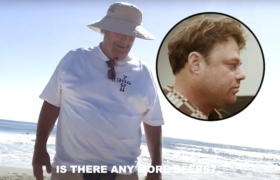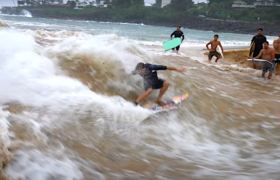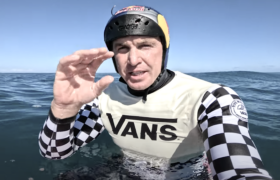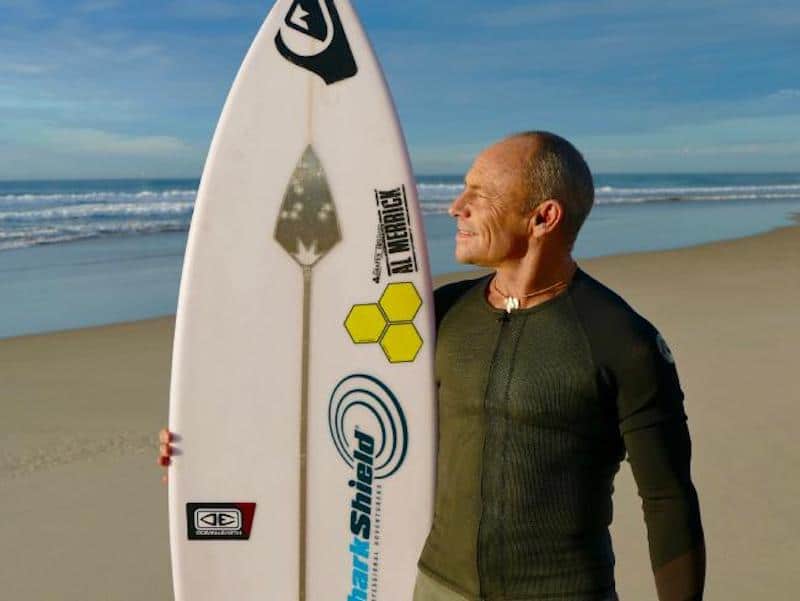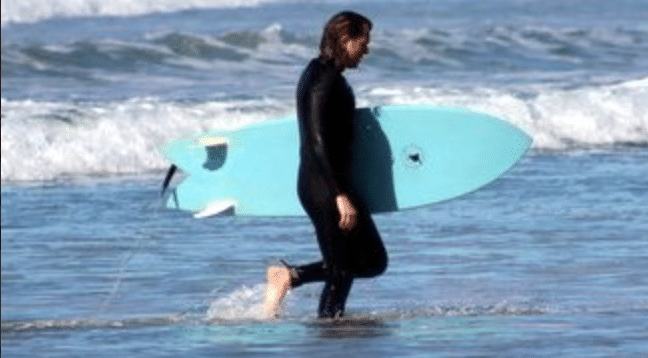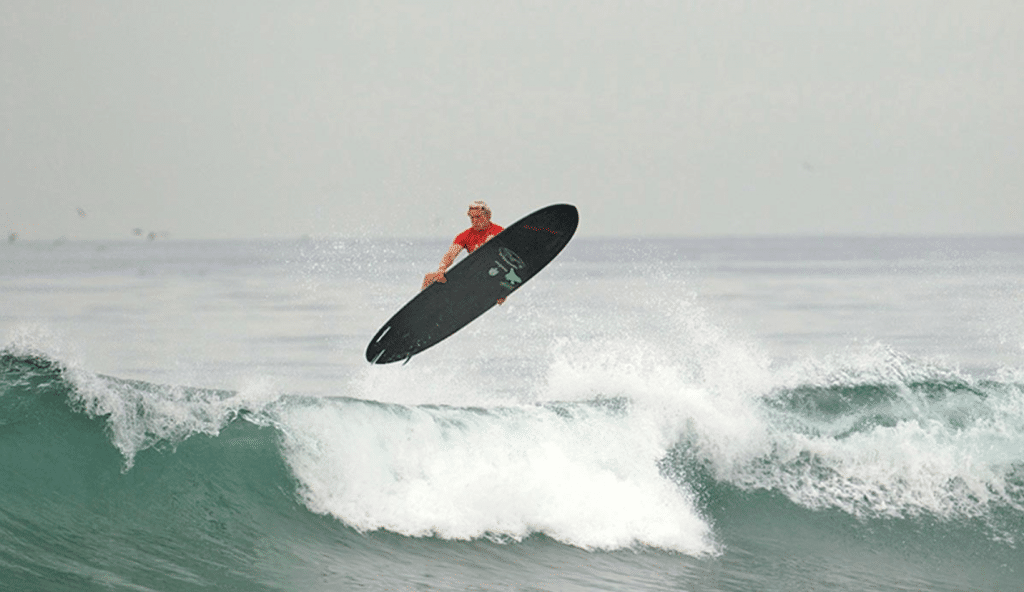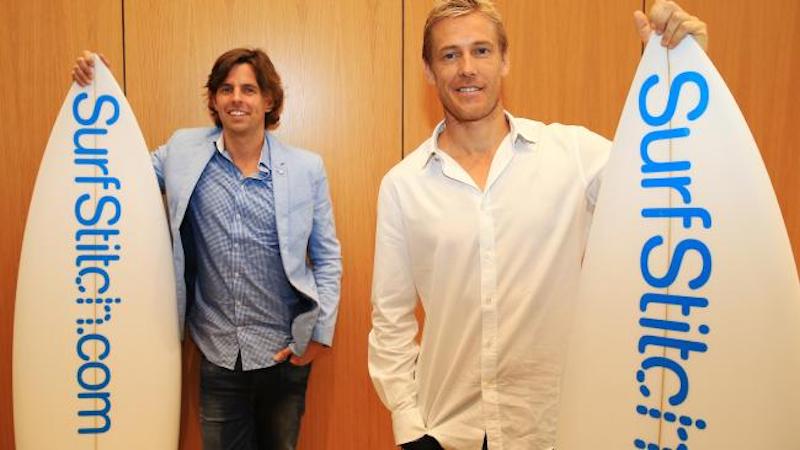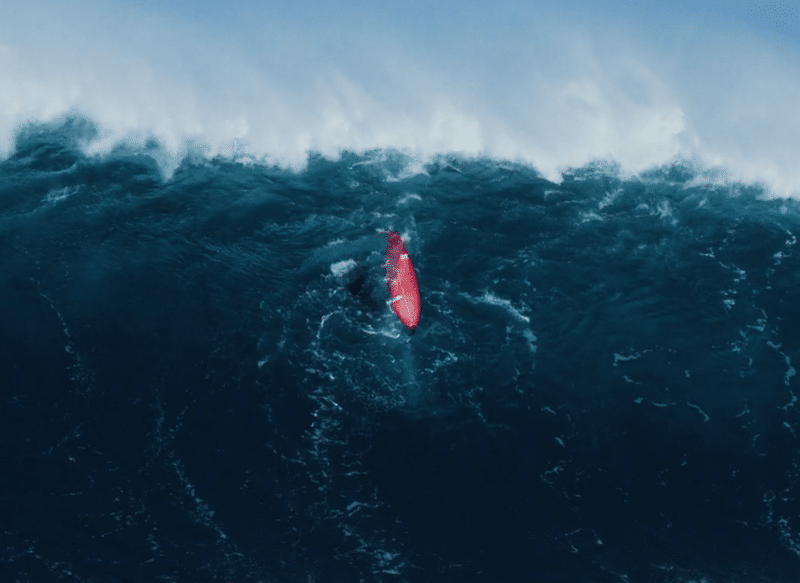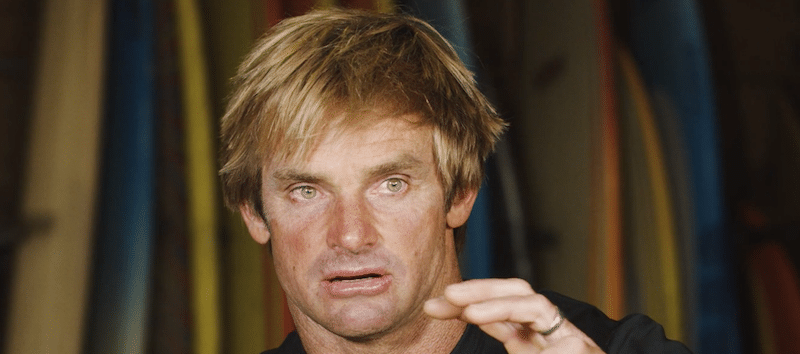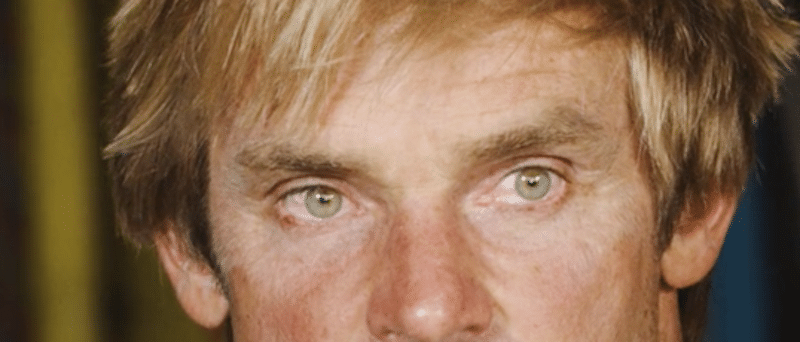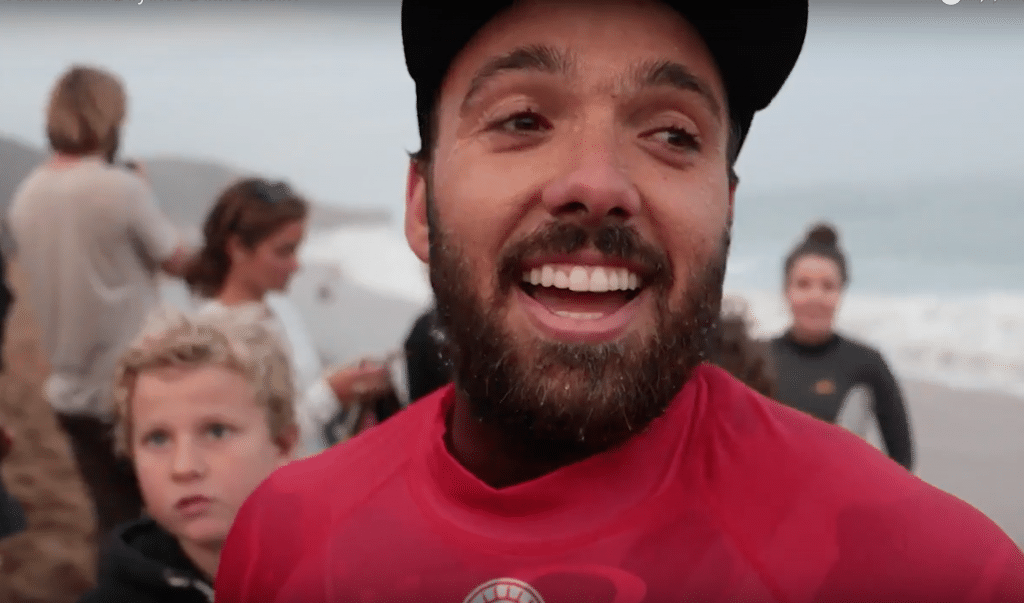Two hundred dollars of government cash towards your new Shark Shield.
You might’ve heard that sleepy ol Western Australia has a Great White problem. One attack, two attacks, fifteen deaths since 2000. All presumed to be hits by Great Whites, a species that’s been protected since, oh, 1999.
Quick question: How many surfers were killed by sharks in Western Australia prior to 2004?
Did you get it?
(The answer is zero.)
The latest was a seventeen-year-old kid surfing with her dad. Leg bitten off at the hip. Bled out on the beach in front of her family while an off-duty nurse pounded her heart. Further evidence, if any was necessary, that there abounds a healthy stock of Great White sharks in the Indian Ocean.
Maybe there always was.
As reported by the fabulous, bass-voiced Fred Pawle in The Australian today,
The protection of great white sharks was introduced in Australia when nobody in the world knew the species’ global population, says one of the co-authors of the federal government’s plan to replenish the species in 2002.
One could argue that this is still the case. Despite decades of expensive research, precious little is known about shark abundance and behaviour, which is why every time there is an attack we have the same futile debate.
It gets worse. It turns out Australia was emphatically told the debate was ill-informed in 2004, when a Japanese fishing official strongly objected to our successful application to increase worldwide protection of great whites. The official argued that the application was based on insufficient evidence and failed to consider the potential of increasing attacks on people.
At a meeting of the 22 Australian researchers contributing to the Great White Recovery Plan in 2002, the CSIRO’s chief shark researcher at the time, John Stevens, who has since retired, was asked whether he knew the size of the species’ global population.
“He was not in a position to answer it because the research had not been done,” says Geoff McPherson, who represented the Queensland Department of Primary Industries at the meeting.
And,
Such pessimism about the dangers of sharks, and the pragmatism to deal with them, were not on display at the Senate hearing in Perth yesterday. “We are both fearful and fascinated by our monsters,” professor Jessica Meeuwig, of the University of Western Australia, told the hearing.
She said the fear was based on the prospect of becoming prey, and the fascination was an attempt to avoid doing so. She attributed these survival instincts to our “lower brains”.
She then said lethal methods for managing sharks were “dumb … ineffective, counter-productive, woefully arrogant and socially shortsighted”. She cited “good data” from Queensland, NSW and Hawaii that “shows there has been no reduction in the incidents of attacks” when lethal methods, such as nets and drum lines, are used.
The data suggests this is not the case. In Queensland, there has been one fatality at a protected beach in 50 years; the same applies to NSW, where nets were first installed in 1936.
When the Federal Government told the new left-wing government of WA they should prioritise humans over sharks they were hit with the old “killing sharks won’t save lives” line.
Same story. Same results.
Anyway, it remains a helluva problem. Great Whites are killing kids, tourism and a lifestyle that defines a state where its inhabitants squat on the edge of the Simpson desert.
It didn’t help that Filipe Toledo and Kolohe Andino were dragged out of the water by jetskis at the government-sponsored Margaret River Pro when the water suddenly boiled in a feeding frenzy. Not that you would’ve known there was the potential for Jeffreys Bay redux.
“Surface action” is the new euphemism for “shark”. Cue Margaret River tourism ad.
But politics, especially of the left-leaning variety, means any kind of tough decision is going to be an impossible sell. If the government won’t allow nets and won’t allow sharks to be fished, what can they do?
How about subsidising shark repellants such as the Shark Shield? Six hundred bucks built into your Ocean Earth tailpad.
Do they work? Depends who you talk to.
Shark Shield says yes.
Anecdotal evidence suggests a generous maybe.
But, what the hell, it’s the appearance of the government doing something eco-friendly and tech-forward that matters.
And do you wonder how they’ll police the subsidy? Do you need to have a WA address?
Shark Shield managing director Lyndsay Lyon, meanwhile, is doing brisk business even before the subsidy comes into effect. He’s sold six hundred in the last four months.
